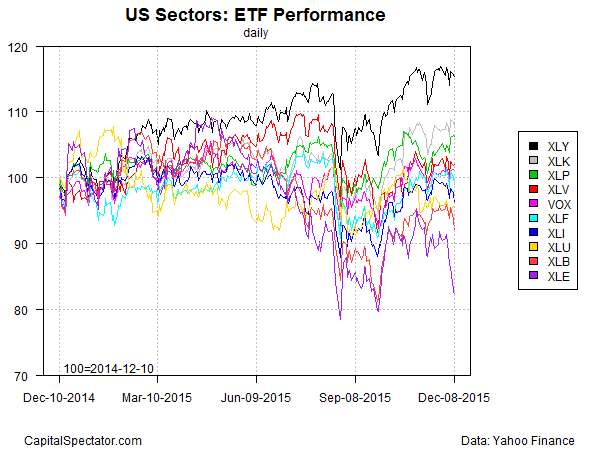Eventide Healthcare & Life Sciences N ETNHX
Only real bright spot for me this year.Volatile with smaller companies.
http://eventidefunds.com/our-products/#!healthcareAs of September 30, 201
5:

Collegium Pharmaceutical Inc (
5.66%) Abuse-deterrant treatments for chronic pain
Ultragenyx Pharmaceutical Inc (3.37%) Bringing treatments to market for debilitating genetic diseases
Neurocrine Biosciences Inc (3.2
5%) Innovative pharmaceuticals for diseases with high unmet needs
DBV Technologies (2.8
5%) Patient-friendly therapies for food and pediatric allergy patients
BioMarin Pharmaceutical Inc (2.81%) Providing new therapeutics for severe or life-threatening diseases
Dyax Corp (2.68%) Treating hereditary angioedema and licensing phage display technology for research
Portola Pharmaceuticals Inc (2.64%) Treatments for thrombosis and other hematologic diseases
Kite Pharma Inc (2.
59%) Clinical-stage therapies that harness patients’ immune systems to fight cancer
Bluebird Bio Inc (2.
58%) New drugs for patients with severe genetic and orphan diseases
athenahealth Inc (2.
57%) Cloud-based services for health records and medical practice management
Related
From WSJ Business
How Pfizer Set the Cost of Its New Drug at $9,850 a Month By Jonathan D. Rockoff
Updated Dec. 9, 201
5 12:01 a.m. ET WSJ
Process of setting the price for breast-cancer treatment shows arcane art behind rising U.S. drug pricesAt $11,000 a month, one official said the plan “would definitely require physicians to document medical necessity for Product X,” according to a person familiar with the surveys. It was the kind of paperwork obstacle Pfizer wanted to avoid.
Staff members put together a chart estimating the revenue and prescription numbers at various prices similar to those of the three drugs Pfizer had decided to use as benchmarks.
The chart showed a 2
5% drop in doctors’ willingness to prescribe the new drug if it cost more than $10,000 a month. This indicated Pfizer might collect higher returns by charging toward the lower end of its range.
Pfizer also had been talking with the Food and Drug Administration. The agency agreed in late 2014 to a speedy review, without waiting for results from an elaborate “Phase 3” clinical trial, so that patients with life-threatening conditions could get the drug earlier. This sped up the time to market by about two years.
Pfizer staff members staged two mock reviews by health-plan officials. The officials, who were paid for their time, sat around a conference table and simulated a day-long discussion of how to handle a drug such as this one.
Pfizer employees say the mock reviews supported a monthly price below $10,000. If it was higher, insurers could start requiring doctors to fill out paperwork justifying its use.
The staff felt they finally had it. When they met in November 2014 to nail down a price, they picked a figure just below the cutoff: $9,8
50 a month. This would be the list price, from which health insurers and pharmacy-benefit managers would negotiate discounts and rebates with Pfizer.
http://www.wsj.com/articles/the-art-of-setting-a-drug-price-1449628081

